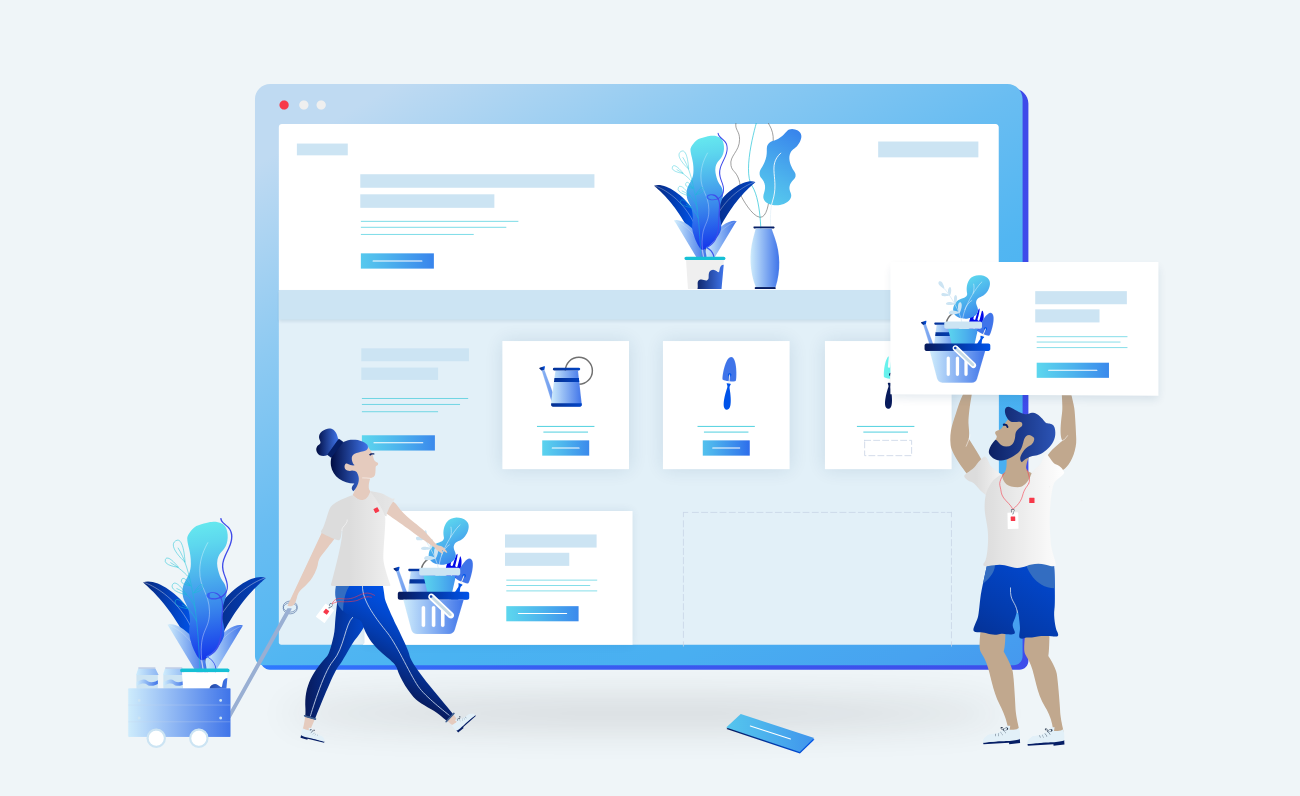By Tom Wintaugh | July 28, 2023

See why top ecommerce brands use Miva’s no-code platform to run
multiple stores, manage massive catalogs, and grow their revenue.
For specialized B2B businesses which cater to a unique industry segment or audience, standing out from the competition requires an equally unique approach. B2B companies can’t differentiate themselves with marketing messaging alone...trying to capture business within a specific vertical requires customizing the total shopping experience to meet unique industry requirements and customers. For merchants who sell specialized product categories such as medical equipment, agricultural tools, or automotive parts, that means providing tailored purchasing experiences, leveraging ecommerce platform customization, and carefully building authority with niche audiences. In this blog, we’ll look at challenges for selling in specialized industries, how to effectively shape customer experience, and competitive strategies for B2B sellers.
Selling B2B online in very specialized industries creates a dual challenge for merchants: meet the often very specific needs of a niche customer audience, while simultaneously fulfilling the intricate best practices, breaking trends, and specific knowledge base required for the products and industry. Some of the key challenges include:
Narrow Target Audience: A very specific target audience can make it challenging to reach a sufficient number of potential customers. Understanding the nuances of customer groups is critical to creating relevant messaging and value props, and must be followed by communicating those offers effectively via an ecommerce website. For example, a buyer of medical supplies may need to meet strict safety compliance regulations, and as a result will be looking for thorough compliance messaging alongside products. We looked at how to define your ecommerce audience here.
Complex Product Catalogs: Products in specialized industries are often highly technical and intricate, making it imperative for specialized B2B sellers to organize catalogs thoughtfully and compellingly explain the features, benefits, and applications of products.
Longer Sales Cycles: Buyer decision-making in specialized industries may need to go through many levels of approval. This means that sellers must build trust, provide comprehensive information, and address concerns throughout a longer sales cycle to capture conversions.
Customized Solutions: Specialized B2B sellers must have the agility to adapt their products or services to meet individual customer needs. This requires a deep understanding of customer pain points and a willingness to develop flexible products, services, and online shopping experiences that align with and solve for client challenges with great specificity.
Niche Marketing: The more defined a niche category and audience are, the more relevant marketing messaging must be, speaking in a voice which each customer persona will understand and connect with. Thought leadership content which showcases expertise can help establish credibility and attract the attention of well-versed customers.
B2B sellers can meet the above challenges by adapting the way that brand, product, and community content is presented on the ecommerce website. Here are five key ways to make a buyer’s journey with your brand feel like it is catered specifically to them:
1. Customized Product Information:
In specialized industries, customers often require detailed and specific product information to make informed decisions. To achieve this, B2B sellers should customize product display, offer thorough specs, and look for ways to address common customer concerns about products in advance. Being ready with these answers at the outset is actually an important way to lower customer acquisition costs—read more about lowering CAC here.
2. Personalized Account Management:
Personalized attention to each customer’s experience can build trust, and help customers get needs met more effectively. This support can come in the form of 1-on-1 representative interaction as well as website features which allow buyers to self-manage various aspects of their accounts—both add to a feeling of bespoke ecommerce.
3. Streamlined Order Processing and Delivery:
Efficiency is crucial in specialized industries, as many B2B clients rely on highly specialized parts and products in order to produce their own offerings. Streamlined order management and fulfillment systems create a positive expectation of reliability, speed, and partnership with merchants. We also discussed the benefits of optimizing the supply chain for direct sales here.
4. Industry-Specific Content Marketing:
Tailored content marketing addressing the specific pain points and interests of the industry is vital. Thought leadership content, case studies, and success stories showcasing brand and product value position the seller as a trusted expert authority.
5. Interactive Demos and Virtual Showrooms:
Providing interactive sales presentations can make it easier to express complex product attributes, while demonstrating total brand expertise about how products will fit into a customer’s business or lifestyle.
For specialized B2B online businesses, relevance to customer needs and customization to unique industry requirements are the most critical factors in gaining a competitive edge. Understanding the intricacies of the specialized industry and focusing on niche expertise allows businesses to position themselves as trusted authorities. By showcasing their understanding of customer pain points and offering highly customized solutions on the ecommerce website, businesses can build trust and credibility among potential buyers who are themselves experts in specialized fields.

Katy Ellquist, Miva’s Digital Marketing Strategist, is an accomplished writer, marketer, and social media analyst who has created sophisticated content campaigns for a broad range of professional clients. She brings to Miva a complex understanding of ecommerce trends and techniques, building upon extensive digital agency experience and a prior role as direct liaison to Miva’s top accounts. Katy is a regular contributor to the Miva blog, covering essential ecommerce topics like design & development strategy, site optimization, and omnichannel selling, with the goal of increasing the actionable knowledgebase of the entire Miva community.
Love it? Share it!
No worries, download the PDF version now and enjoy your reading later...
Download PDF